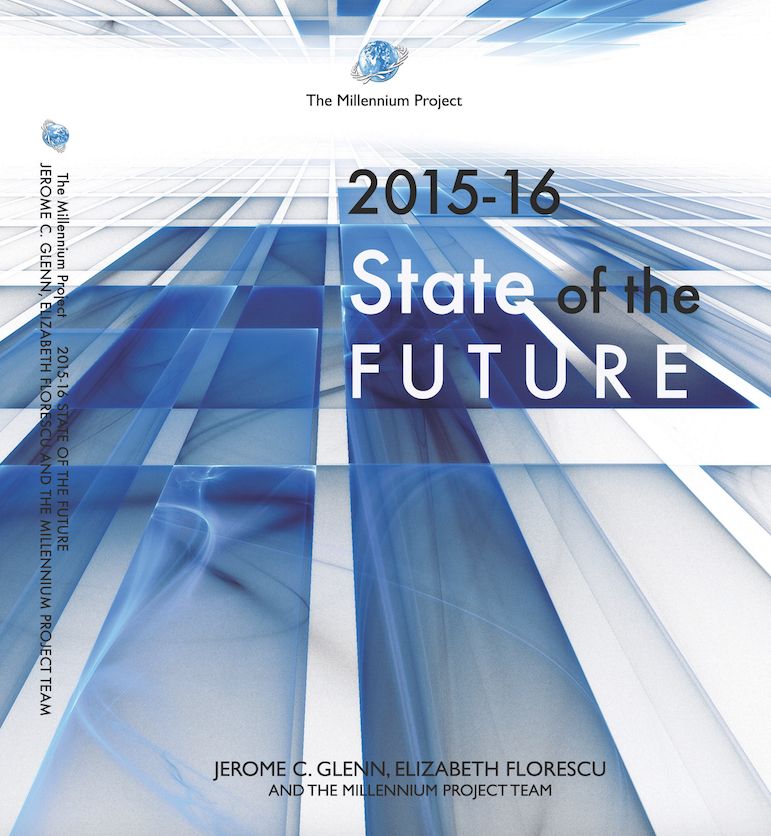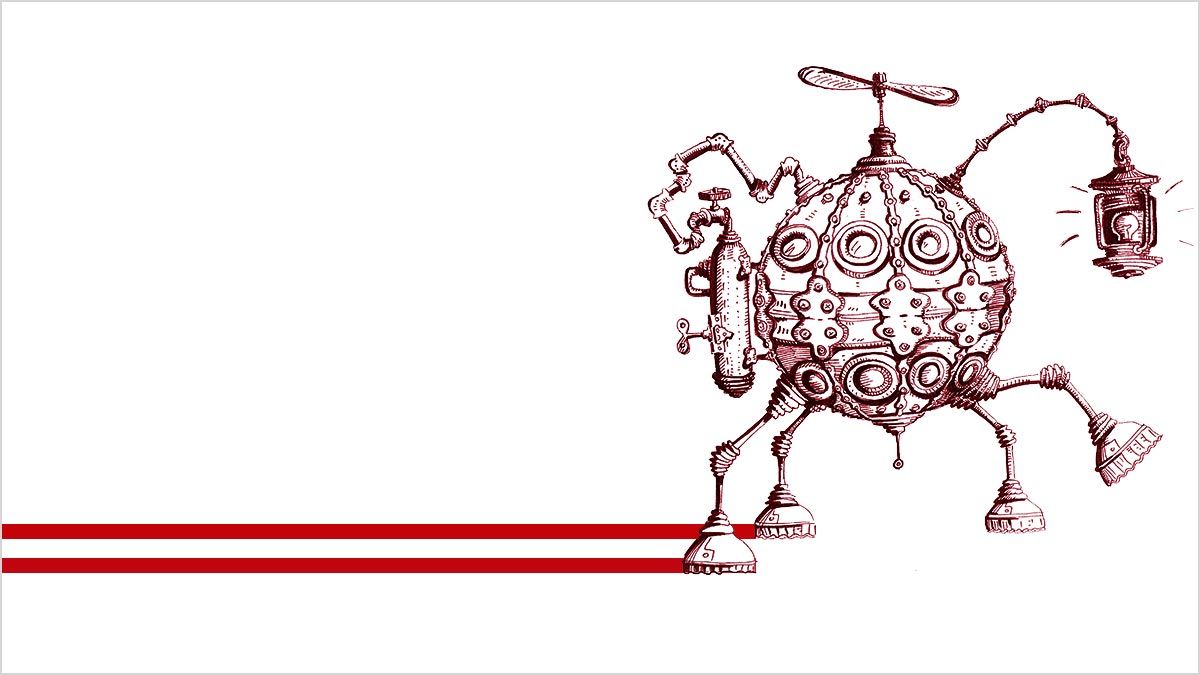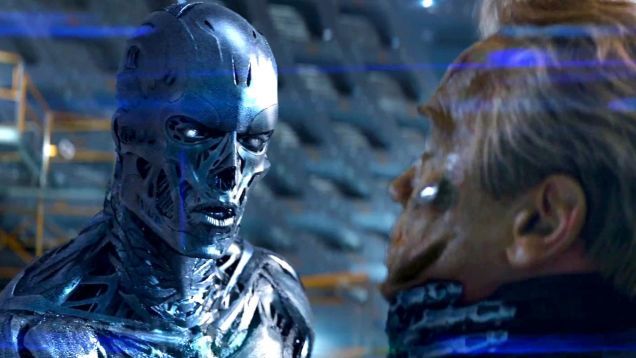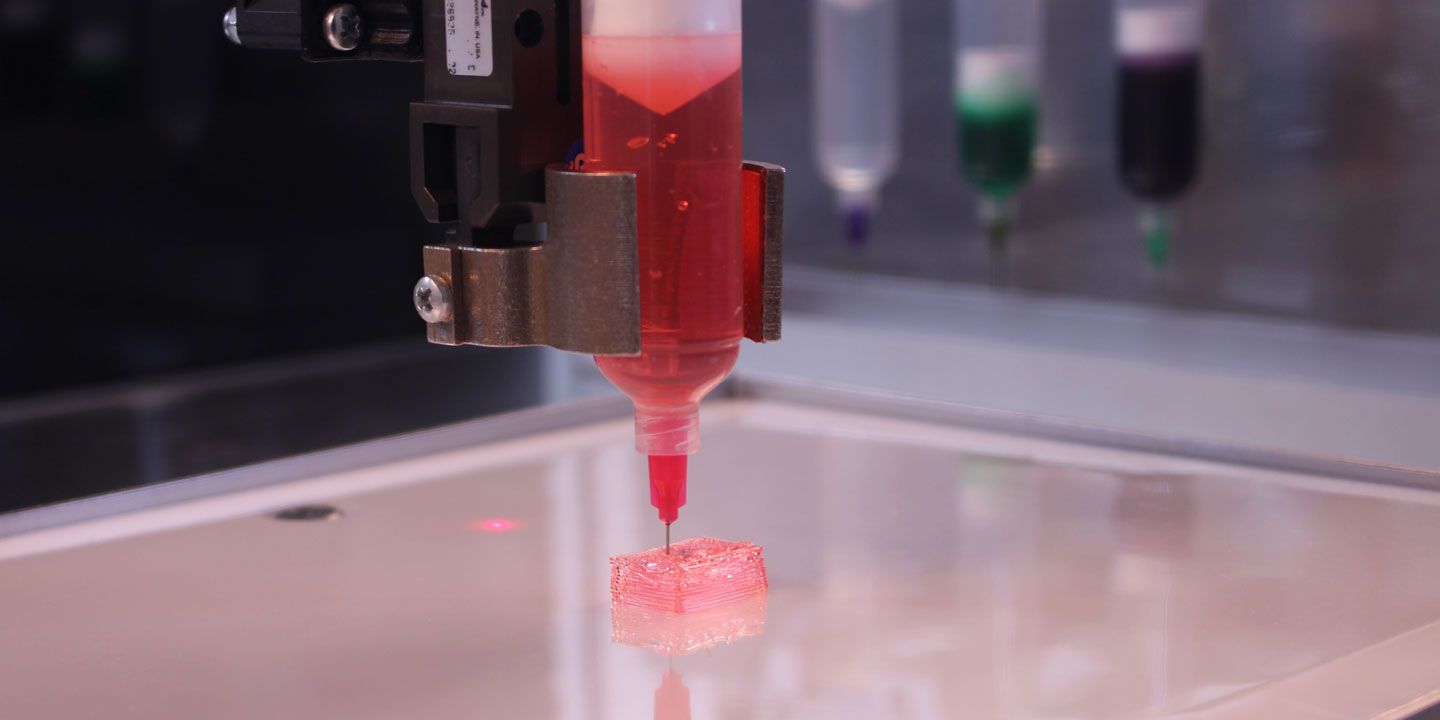Concerns about the future of artificial intelligence (AI) have recently gained coverage thanks to pioneers like Hawking, Gates, and Musk, though certainly others have been peering down that rabbit hole for some time. While we certainly need to keep our eyes on the far-reaching, it behooves us to take a closer look at the social issues that are right under our noses.
The question of artificial intelligence transforming industry is not a question of when — it’s already happening — but rather of how automation is creeping in and impacting some of the biggest influencers in the economic sphere i.e. transportation, healthcare, and others, some of which may surprise you.
I recently discussed these near-at-hand social implications and ambiguities with Steve Omohundro, CEO and founder of Possibility Research.
Social Implications of AI
In the words of Mr. Omohundro, we’re “on the verge of major transformation” in myriad ways. Consider near-term economics. McKinsey&Company have estimated that the presence of AI automation could impact the economy by $10 to $25 trillion in the next 10 years. Gartner, an information technology research group, estimates that 1/3 of all jobs will be relegated to the world of AI by 2025.
Evidence of these trends is particularly relevant in the areas of “the cloud” i.e. the ‘Internet of All Things’, delivery of services, knowledge work, and emerging markets. Tesla recently announced a software upgrade that would allow its self-driving cars to take better control on highways. In the same market, Daimler just released the first 18-wheeler ‘Freelance Inspiration” truck that will be given autonomous reign of Nevada (NV) freeways.
Leaps are already being made in the areas of healthcare and medicine; engineering and architecture (a Chinese design company recently produced 10 3D-printed houses in 24 hours); and, perhaps one that’s not as obvious — the legal profession.
Dealing with Shades of Grey
Electronic discovery i.e. ediscovery is the electronic solution that is now used in identifying, collecting and producing electronically stored information (ESI) (emails, voicemail, databases, etc.) in response to a request for production in a law suite of investigation. The legal industry leverages this software in dealing with companies that sometimes have millions of emails, through which this natural language program helps sift and search.
Future impacts in the legal industry could resound in areas where much of what human lawyers do is considered quite routine, such as creating contracts. This type of work usually has a high ticket price, so there is tremendous incentive to automate these types of tasks.
There also exists the overlap and spill over of impacts of AI from one industry to the next, and the legal industry is right at the intersection. Think back to the autonomous cars. Lawyers are not poised to look forward to new and weird questions such as, ‘What if a self-driving car hits and kills a person? Who’s responsible? The people who built the car, or faulty software?’ We are on the cusp of having an “onslaught of new technology with very little clue of how to manage it”, says Omohundro.
Big Data and AI Implications
Another area that is changing the lay of the land is big data, which is constantly being applied by consumer companies as they gather data about consumers and then target ads based on this information. Once again, the question arises of how to manage this process and define legal restrictions.
Price fixing presents another ambiguous case. It’s illegal to collaborate with other companies in the same business to set prices, and a recent case arose in which an online seller looked as if it was ‘polluting’ the space and fixing prices. Turns out, the seller was running bots to check competitors’ prices, which were then adjusted according to an algorithm. “What happens when the bot is doing the price fixing; is that illegal?” Apparently so, looking at the outcome of the case, but the question of volition is a valid one.
Along a similar vein, a Swiss group working in the name of art created a bot, gave it bitcoin, hooked it up to the ‘dark net’, a realm of the Internet where people trade illegally, and had the bot randomly buy things. The art exhibit display was what the bot bought while roving the dark markets. “Police allowed the exhibit, and then came and arrested the bot…carted the computer away,” explains Omohundro. “Every aspect of today’s society is going to be transformed by these technologies.”
While there’s no succinct answers to any of the economic or ethical considerations of the “big questions” that Steve brought up in our conversation, he’s confidant that more informed and serious discourse will help us make better decisions of the human future — and I certainly hope he’s right.







